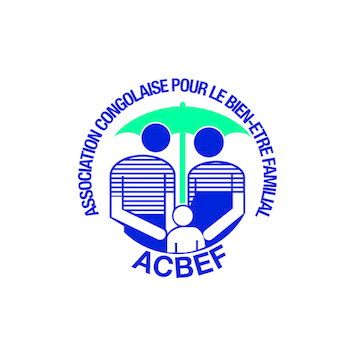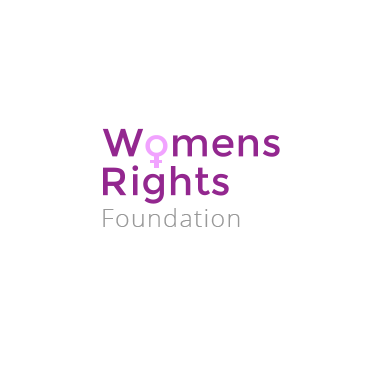
| 20 January 2025
AIDOS
AIDOS began its journey in 1981 as a women’s association and non-governmental organisation. Since its establishment, AIDOS has worked in Low-Income Countries, Europe and Italy to build, promote and defend the rights, dignity and freedom of choice of women and girls. AIDOS works in partnership with local organisations and institutions to provide tools to women and their organisations, particularly in those areas where the experience of the Italian feminist movement has yielded significant results. These areas are: women’s rights sexual and reproductive health and rights (SRHR) economic empowerment of women; education of girls. AIDOS’ approach is based on a continuous and equal dialogue with women’s and non-governmental organisations worldwide and with associations and people engaged with human rights, women’s and LGBTQI rights. AIDOS was recognised in 1992 by the Ministry of Foreign Affairs as eligible to manage public funds for implementing international development projects. And has a special consultative status with the Economic and Social Council of the United Nations (ECOSOC) and is implementing partner of the United Nations Population Fund (UNFPA) and the United Nations High Commissioner for Refugees (UNHCR) in Italy. Check out their Instagram.

| 31 March 2016
Association Congolaise pour le Bien-Etre Familial
The Association Congolaise pour le Bien-Etre Familial (ACBEF) opened its doors for the first time in 1987. Then it was a small operation dedicated to attending to the sexual and reproductive health (SRH) needs of the urban poor. 25 years later, ACBEF reaches out to the whole country through a network of over 100 community-based distributors (CBDs) backed by static clinics and permanent staff. In addition, ACBEF relies on over 1,000 volunteers, including fully-trained peer educators and a Youth Action Movement. ACBEF provides a comprehensive range of services covering integrated family planning, voluntary counselling and testing (VCT), prevention and management of HIV and AIDS, post-abortion care, antenatal and post-natal care, youth-friendly education and information projects, contraceptive and laboratory services. Stigma and taboos around HIV and AIDS are strong in Congo, and ACBEF is engaged in major re-education and sensitization on this front. ACBEF aims its work at a wide public, with particular emphasis on young people (aged 25 and under), internally displaced people, sex workers and women of child-bearing age. Work occurs in both rural and urban areas. With high visibility in the national media, ABCEF is making major inroads in SRH in a very difficult environment. ABCEF works in close partnership with the government’s ministries of Health, Foreign Affairs, and Gender, and with non-governmental organizations (NGOs) including Jeunesse Action Sida. ABCEF receives financial support from the European Union, UNFPA and the Congolese Government.

| 20 January 2025
Women’s Rights Foundation
Women’s Rights Foundation (WRF) of Malta is a voluntary organisation committed to informing, educating and empowering women concerning their legal rights. WRF aims to ensure that women’s rights are protected through policy and law reform, raise awareness and offer training to end violence against women. WRF also provides free legal advice and initial legal representation to women who are survivors of domestic violence, sexual assault, human trafficking and discriminated against due to their gender. Contact: Twitter







